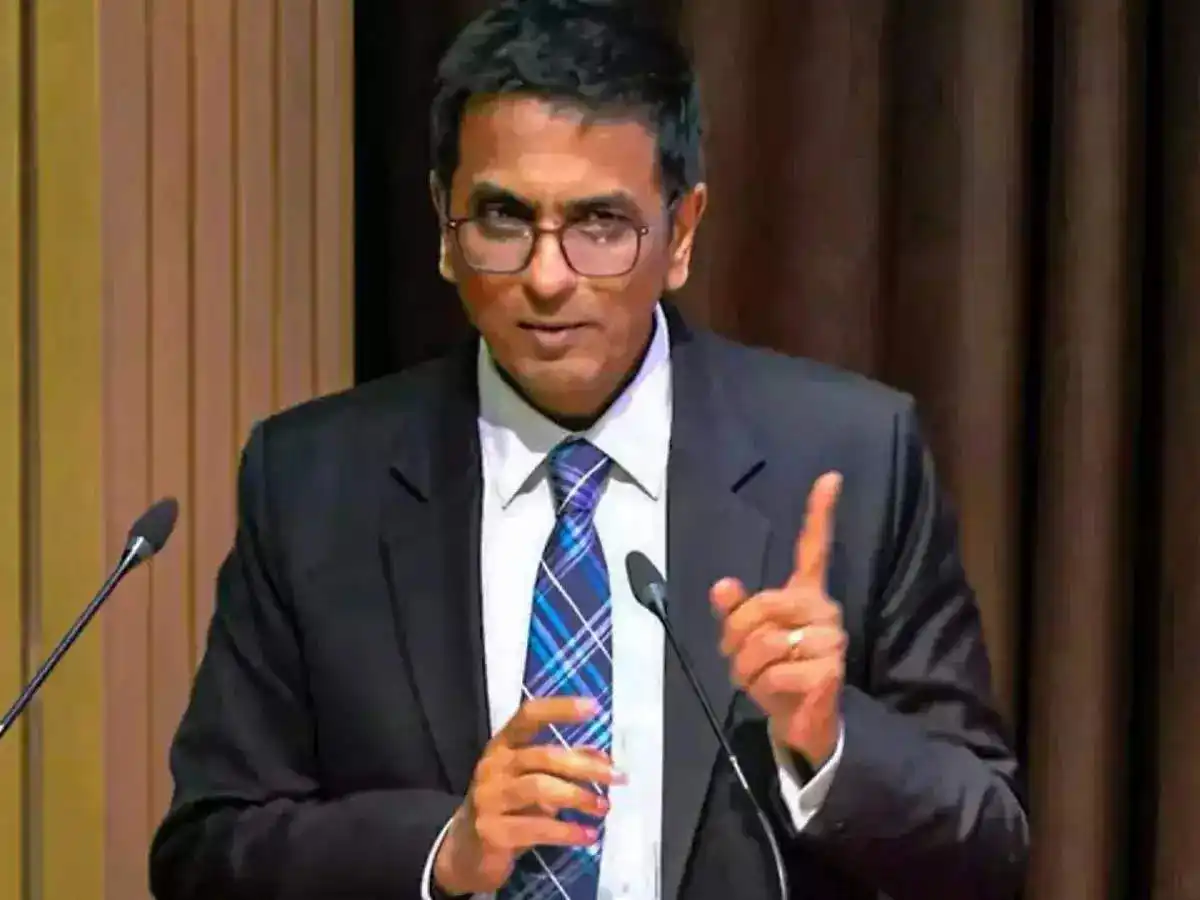DY Chandrachud, Chief Justice of India, stated that the Supreme Court should be viewed as the people’s court. He mentioned that this does not imply that the Supreme Court should act as the opposition within Parliament. The Chief Justice of India stated that the Supreme Court’s approach to ensuring access to justice, developed over the past 75 years, is crucial and should not be disregarded.
The Chief Justice of India Chandrachud stated that as society develops and becomes more affluent, there is a belief that attention should only be given to major issues. Our court is different from that. Our court belongs to the people. I believe that the Supreme Court’s role as the people’s court should be maintained for the future.
The Chief Justice Chandrachud clarified that while they are the people’s court, it does not mean they are acting as the opposition in Parliament. In the present day, there is a significant divide between those who believe the Supreme Court is great when ruling in their favor. It is a institution that should be criticized when you choose not to support them. I believe this proposal is risky since you cannot assess the Supreme Court’s duties or accomplishments solely based on results.
Various situations can result in outcomes that are favorable to you while others may not be in your favor. Judges can independently determine which side of the scales to weigh in a case-specific manner.
The Chief Justice of India also stated that individuals are entitled to criticize the courts for their inconsistency or errors in the final outcome or legal principles. I believe judges don’t have an issue with it, but it becomes a problem when those individuals who notice the court heading in a certain direction are quick to criticize it when the outcome doesn’t favor them.
I believe it is important for the legal profession to possess strong logical reasoning in order to recognize that judges have the right to make decisions based on the specific circumstances of each case and how they interpret the relevant legal principles. I believe the institution’s future is secure as long as we acknowledge that.
The Chief Justice noted that live streaming court proceedings has revolutionized the way the Supreme Court reaches the public, bringing its work directly to people’s homes and hearts, despite some drawbacks.
The Chief Justice of India emphasized that the Supreme Court not only resolves constitutional disputes but also serves as an agent for societal change. He noted that the Court’s efforts for social transformation extend beyond major issues to encompass everyday decisions that influence the country’s legal system at all levels.
When we establish clear stances on specific matters to guide lower and higher courts, we must adhere to them if the Supreme Court has signaled its approval.
He questioned whether the Supreme Court should handle the trivial cases that we handle. My perspective is quite distinct… Contrary to various Supreme Courts worldwide such as the US Supreme Court, UK Supreme Court, Australian High Court, and South African Constitutional Court, the Supreme Court of India was established with a unique focus on ensuring access to justice. Primarily, it was a Supreme Court established in 1950 to address the issues of an impoverished community.
Originally established in 1950 to address the issues of an underprivileged society, it was initially a Supreme Court. We are a society that is becoming less impoverished and more prosperous, transitioning towards economic growth and development while still facing pockets of underdevelopment. The Chief Justice of India addressed attendees at the book launch held at Raj Bhavan, which was compiled and edited by Goa Governor PS Sreedharan Pillai. Allow us to inform you that CJI Chandrachud will be retiring on November 10.

